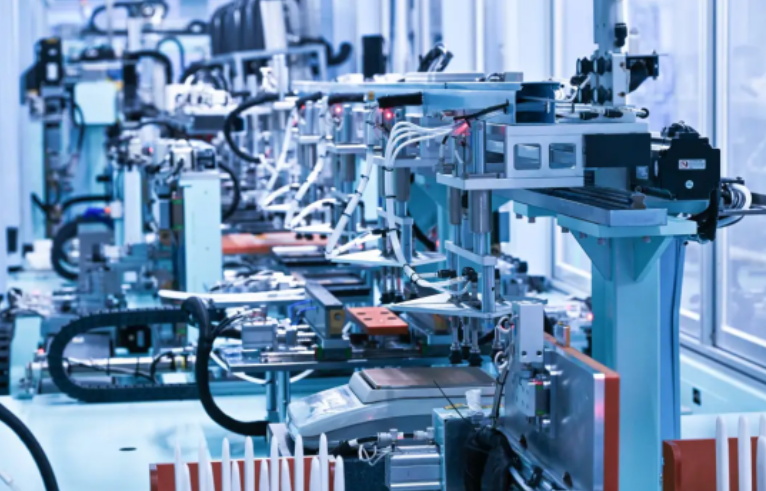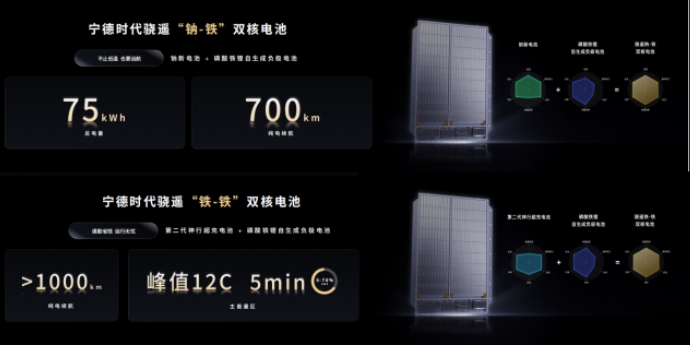No More EV Fires? Solid-State Batteries May Be the Ultimate Solution for Battery Safety
With the rapid growth of the global electric vehicle (EV) market, consumer concerns about battery safety are rising. The risk of thermal runaway and explosions in EV batteries remains a major factor undermining consumer trust, leaving many customers still uncertain about whether they should purchase an electric vehicle.
Since 2015, the U.S. startup QuantumScape has attracted the attention of Volkswagen, kicking off the push to commercialize solid-state batteries. This marked the first time solid-state batteries entered mainstream media and industry news. With an increasing number of fire incidents and growing demands for safer electric vehicles, solid-state batteries have been hailed as a promising solution. Now regarded as the "next-generation battery technology," solid-state batteries have the potential to completely redefine EV safety standards and become the ultimate global solution for battery safety.

Why Are Electric Vehicles So Prone to Catching Fire? It’s All in the Battery Structure
Frequent EV fire incidents raise serious concerns, and the root cause lies in the very structure of the battery. EV batteries inherently possess the “three elements of combustion”:
· Ignition Source: Short Circuit Creates High Heat
When a collision or bottoming out occurs, it can damage the battery structure, causing an internal short circuit and sparking high heat.
· Combustible Materials: The Battery Itself Is Flammable
Both the positive and negative electrodes, as well as the electrolyte, contain flammable chemicals that release combustible gases at high temperatures.
· Oxidizer: The Battery "Provides Oxygen"
During thermal runaway, the positive electrode releases oxygen, which further fuels the fire.
Once one cell experiences thermal runaway, it can trigger a chain reaction throughout the entire battery pack, leading to intense burning or even explosions in a short amount of time. Due to the enclosed space and high temperatures, traditional firefighting methods are nearly ineffective, and firefighters often resort to flooding the battery with large amounts of water to douse the flames.
High Energy ≠ High Safety
In recent years, to increase driving range, the energy density of batteries has doubled, but so has the safety risk. Industry experts state, "The higher the performance, the harder it is to prevent fires."
Most current safety improvements focus on structural optimization, but they fail to address the fundamental issue: the flammability of battery materials. To truly eliminate fire risks, innovation in battery materials is necessary, such as using solid-state electrolytes in solid-state batteries, which entirely removes the presence of flammable liquids.
Understanding Solid-State Battery Safety: Addressing Core Safety Issues
Solid-state batteries eliminate the main fire risk of traditional liquid batteries by using non-flammable solid electrolytes. At the same time, they improve energy density and thermal stability, ensuring the battery remains intact even in extreme conditions like high temperatures or impacts.
Key Safety Advantages of Solid-State Batteries:
· Non-Flammable Materials: Completely eliminate the risk of electrolyte fires.
· Strong Structural Stability: Resistant to impacts and thermal runaway.
· High and Low-Temperature Adaptability: Suitable for a range of extreme climates, especially in regions with large temperature differences like the U.S.
· Longer Battery Life: Reduced need for maintenance and replacements.
These benefits have earned solid-state batteries the label of "next-generation power battery technology" and are widely considered the key to upgrading EV safety and performance.
Global Giants Racing to Develop Solid-State Batteries
· QuantumScape (backed by Volkswagen) has completed multiple rounds of funding, aiming for commercialization by 2025.
· Ford and BMW are partnering with Solid Power to scale up U.S. production.
· Toyota plans to launch solid-state battery-powered vehicles by 2027.
· Chinese companies like CATL, BYD, and NIO are accelerating their research and industrial plans. Among them, TALENT NEW Energy has pioneered the “Forever Fire-Free” series of power battery solutions with its Safe+ solid-state battery, offering a new approach to the balance of performance, cost control, and safety reliability.

Still in the Early Stages, but the Future Looks Promising
Although solid-state batteries are not yet mass-produced, challenges like cost, manufacturing difficulty, and material compatibility remain. However, their safety advantages have been widely recognized. Many global organizations predict that solid-state batteries will gradually enter the mainstream market by 2030, with high-end electric vehicles being the first to adopt this technology.

